Gartner Identifies Three Key Focus Areas for CIOs to Drive Value
By MYBRANDBOOK

To accelerate value creation, CIOs and IT executives should focus on three key areas – leading from anywhere, nurturing connections and reaching beyond, according to Gartner, Inc.
During the opening keynote of Gartner IT Symposium/Xpo India, which is taking place virtually today through Thursday, Mbula Schoen, senior research director at Gartner, said that as organizations continue to emerge from the disruption of the Covid-19 pandemic, CIOs and IT executives will need to seek to generate value in fundamentally new ways.
CIOs and IT executives should focus on leading anywhere by ensuring enterprise and talent readiness; nurture connections to ensure ecosystem readiness; and reach beyond by using technology and society readiness.
Lead and Empower Anywhere
Gartner forecasts that by the end of 2022, the share of knowledge workers working remotely will increase to 47%, up from 27% in 2019. However, simply moving from onsite to remote is not the destination but a starting point for CIOs to embrace radical flexibility and implement news ways of working – with supporting technology – across the enterprise.
To attract and retain the necessary IT talent, Gartner recommends CIOs do three things:
“Where we work, where technology leadership comes from and where IT is produced has shifted,” said Schoen. “CIOs and IT executives must capitalize on changes around the future of work to propel their teams and their enterprises forward.”
Nurture Connections Everywhere
Where innovation happens has changed – across vendor partners, ecosystems and even customers – which impacts where business value is generated.
“We are now in the position to go further and solve world-class problems, but CIOs cannot do this alone,” said Hung LeHong, distinguished research vice president and Gartner Fellow. “CIOs need to take the acceleration in digital investments caused by the pandemic to pursue the next level of outcomes in healthcare, education, industry, and public and commercial life. This will require new ways of partnering and building platforms that support ecosystems to solve world-class problems together.”
Gartner recommends that CIOs and IT executives focus on three types of partner connections: one-to-one, one-to-many and many-to-many.
A one-to-one connection can be taken to the next level and become a generative partnership where the enterprise and technology partner work together to create and build a solution that doesn’t currently exist. The resulting assets are co-owned and produce benefits and revenue for both partners. Generative partnerships are becoming more common. In fact, Gartner forecasts that generative-based IT spending will grow at 31% over the next five years.
Beyond one-to-one connections is the formation of ecosystems of multiple partners. One-to-many partnerships work best when a single enterprise needs to focus many players on jointly solving a single problem – such as a city bringing together public and private entities to serve the citizen. Many-to-many partnerships are created when a platform brings many different enterprises’ products and services together, to be offered to many different customers. Often called platform business models, these marketplaces and app/API stores enable the many to help the many at ecosystem scale.
“Ultimately, what these three types of partnerships show is that the CIO needs to become a partner expert, nurturing connections to build partnerships of all types,” said LeHong.
Reach Beyond the Where
When the “where” of work, innovation and business value shifts, this allows CIOs and IT executives to reach beyond the constraints of current thinking.
“The answer to the question ‘where next’ cannot be just in terms of a location or direction. ‘Where’ is actually the exploration of how value can be found and seized,” said Daryl Plummer, distinguished research vice president and Gartner Fellow. “CIOs need to reconsider how they think about value, and how they get to that value. They need a more expansive view of the role technology plays in doing so. And they must be bold to reach beyond the ‘where’ to discover freedom.”
Gartner analysts said that technology can help CIOs gain freedom from historical insights, legacy business practices and bias. Freedom from historical insights allows CIOs to use technology to solve world-class problems which may help uncover new sources of value.
For example, historical insight suggests that companies need to collect personal data from their customers to create customer intimacy and value. However, Gartner predicts that through 2024, 40% of people will intentionally devalue their personal data, making it difficult to monetize. Individual privacy is a world-class problem, but Gartner believes the solution will come from machine learning and synthetic data. AI-based systems can create artificial – or synthetic – data sets that are valid, predictive and so accurate that personal privacy may not need to be violated in the future.
Most organizations attempt to develop inclusive leaders and embed bias mitigation efforts into IT leaders’ common work tasks, but this is not always effective. Overcoming bias requires a built-in response, which may mean machines are sometimes used to direct a person’s ethical compass. For example, AI can help increase financial inclusion and solve bias challenges by helping evaluate people on their ability to consume various financial products, from both affordability and access perspectives.
“Freedom from bias doesn’t mean eliminating bias. It means acting to minimize real harms from bias,” said Plummer. “Built-in bias requires a built-in response! As a CIO, you should demand technology that has built-in support for minimizing bias, systematically confronting real harms and identifying ways to reduce them.”


Legal Battle Over IT Act Intensifies Amid Musk’s India Plans
The outcome of the legal dispute between X Corp and the Indian government c...

Wipro inks 10-year deal with Phoenix Group's ReAssure UK worth
The agreement, executed through Wipro and its 100% subsidiary,...

Centre announces that DPDP Rules nearing Finalisation by April
The government seeks to refine the rules for robust data protection, ensuri...

Home Ministry cracks down on PoS agents in digital arrest scam
Digital arrest scams are a growing cybercrime where victims are coerced or ...

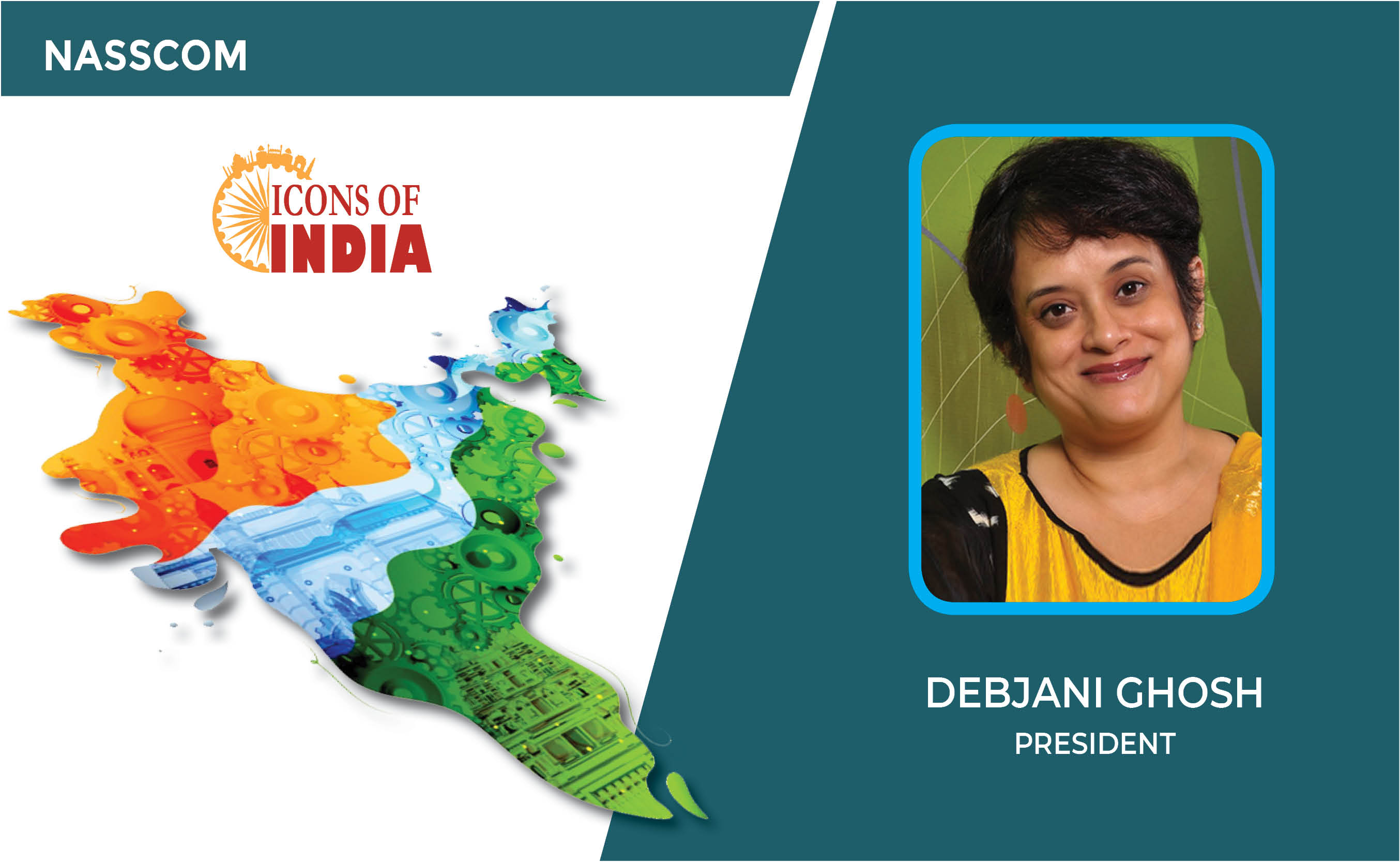
Icons Of India : Debjani Ghosh
Debjani Ghosh is the President of the National Association of Software...
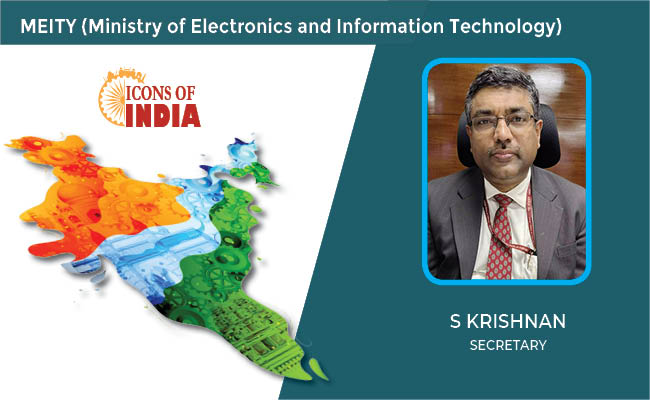
ICONS OF INDIA : S KRISHNAN
S Krishnan as the secretary for the electronics and information techno...

Icons Of India : MUKESH D. AMBANI
Mukesh Dhirubhai Ambani is an Indian businessman and the chairman and ...

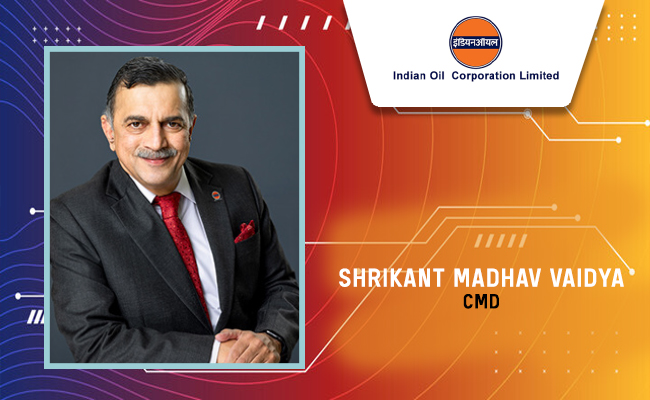
IOCL - Indian Oil Corporation Ltd.
IOCL is India’s largest oil refining and marketing company ...

EESL - Energy Efficiency Services Limited
EESL is uniquely positioned in India’s energy sector to address ener...

IFFCO - Indian Farmers Fertiliser Cooperative
IFFCO operates as a cooperative society owned and controlled by its fa...

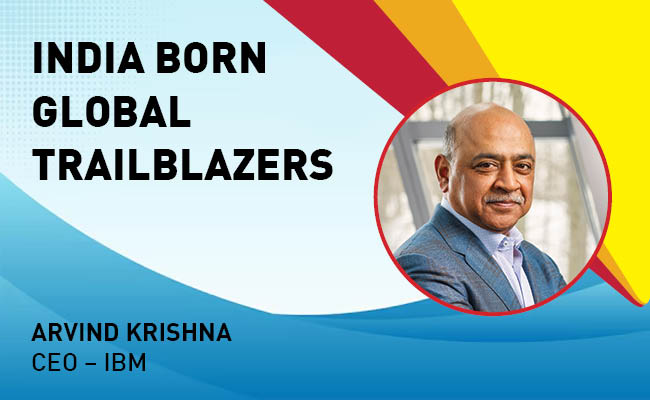
Indian Tech Talent Excelling The Tech World - ARVIND KRISHNA, CEO – IBM
Arvind Krishna, an Indian-American business executive, serves as the C...

Indian Tech Talent Excelling The Tech World - ANJALI SUD, CEO – Tubi
Anjali Sud, the former CEO of Vimeo, now leads Tubi, Fox Corporation�...
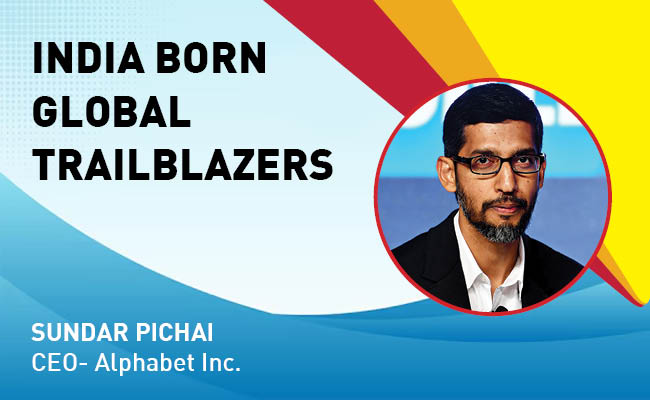
Indian Tech Talent Excelling The Tech World - Sundar Pichai, CEO- Alphabet Inc.
Sundar Pichai, the CEO of Google and its parent company Alphabet Inc.,...
 of images belongs to the respective copyright holders
of images belongs to the respective copyright holders